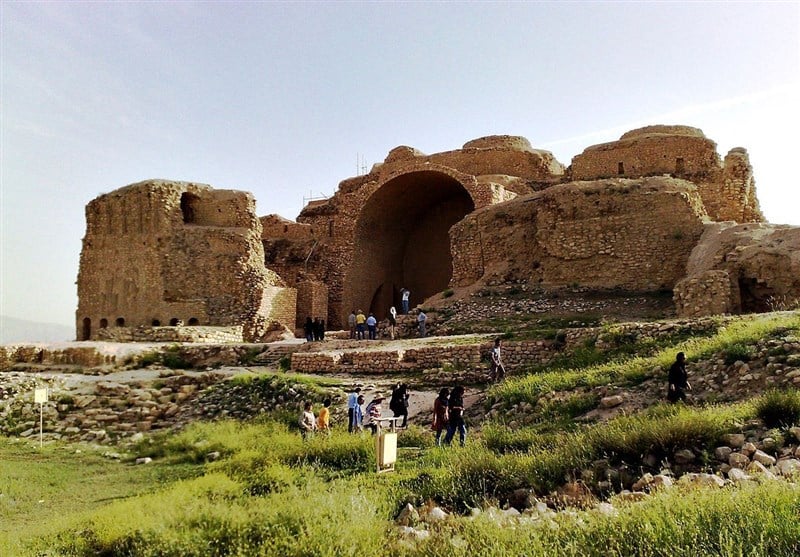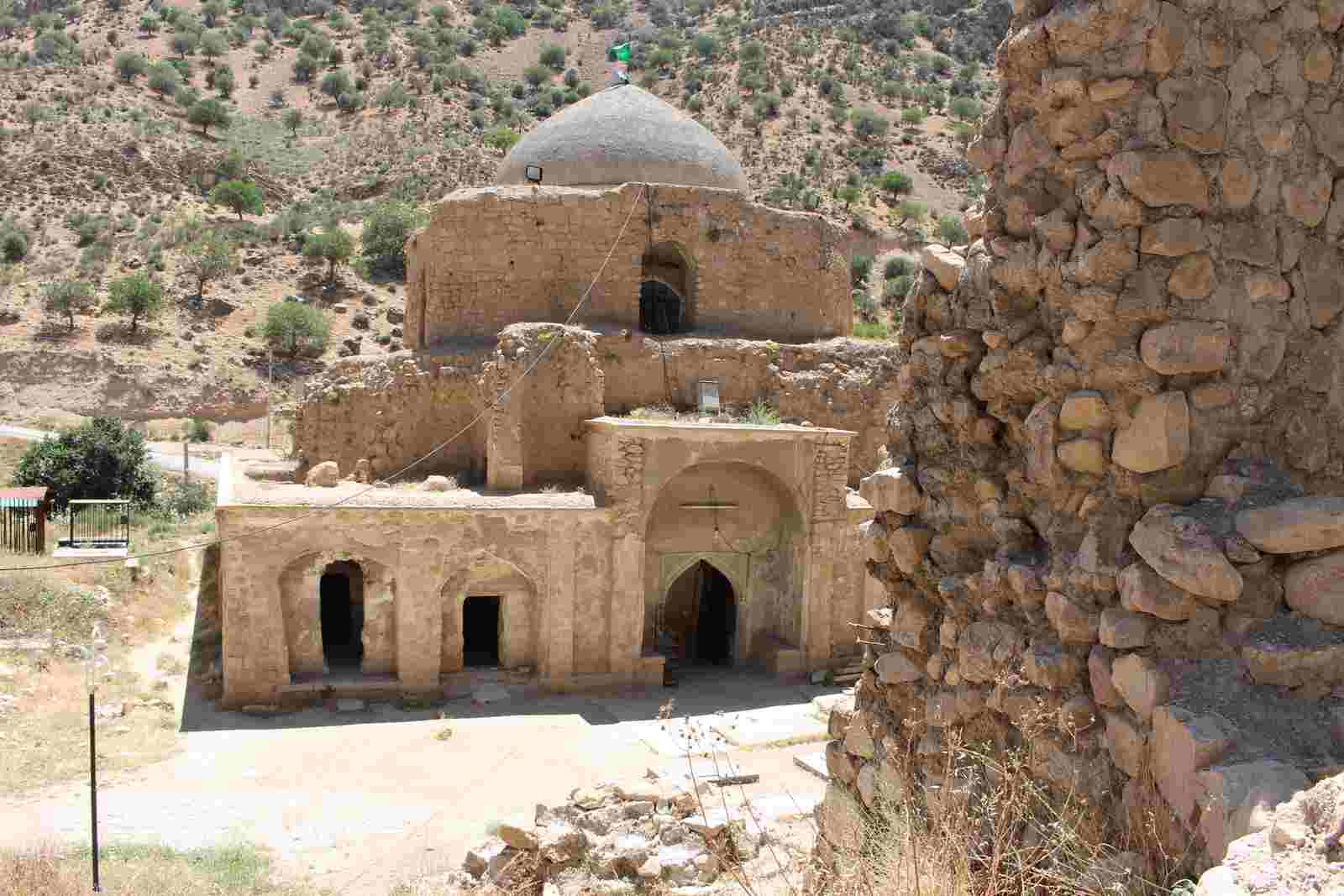The World Heritage Committee, which has started its meetings in the Bahraini capital of Manama since 24 June, inscribed four cultural sites on the World Heritage List including the Sassanid landscape.
The Sassanid Archaeological Landscape includes eight archaeological sites situated in three geographical parts in the southeast of Fars Province: Firuzabad, Bishapur and Sarvestan.
These fortified structures, palaces, and city plans date back to the earliest and latest times of the Sassanid Empire, which stretched across the region from 224 to 658 CE.
Among these sites is the capital built by the founder of the dynasty, Ardashir Papakan, as well as a city and architectural structures of his successor, Shapur I.
The archaeological landscape reflects the optimized utilization of natural topography and bears witness to the influence of Achaemenid and Parthian cultural traditions and of Roman art, which had a significant impact on the architecture and artistic styles of the Islamic era.

